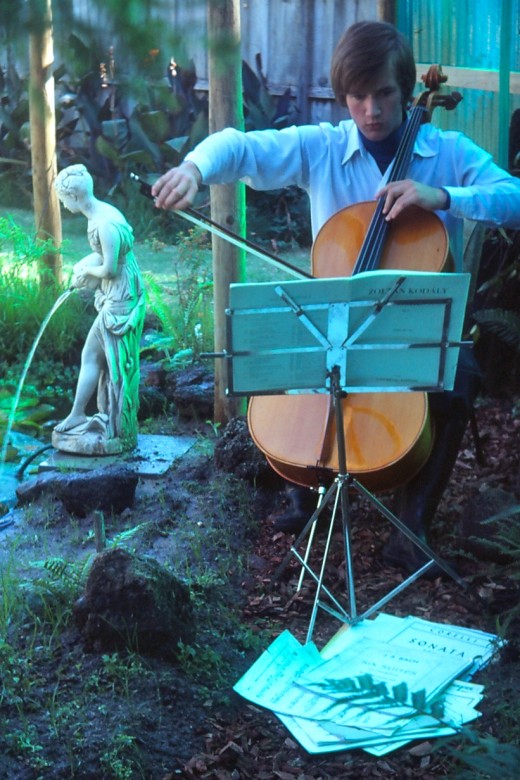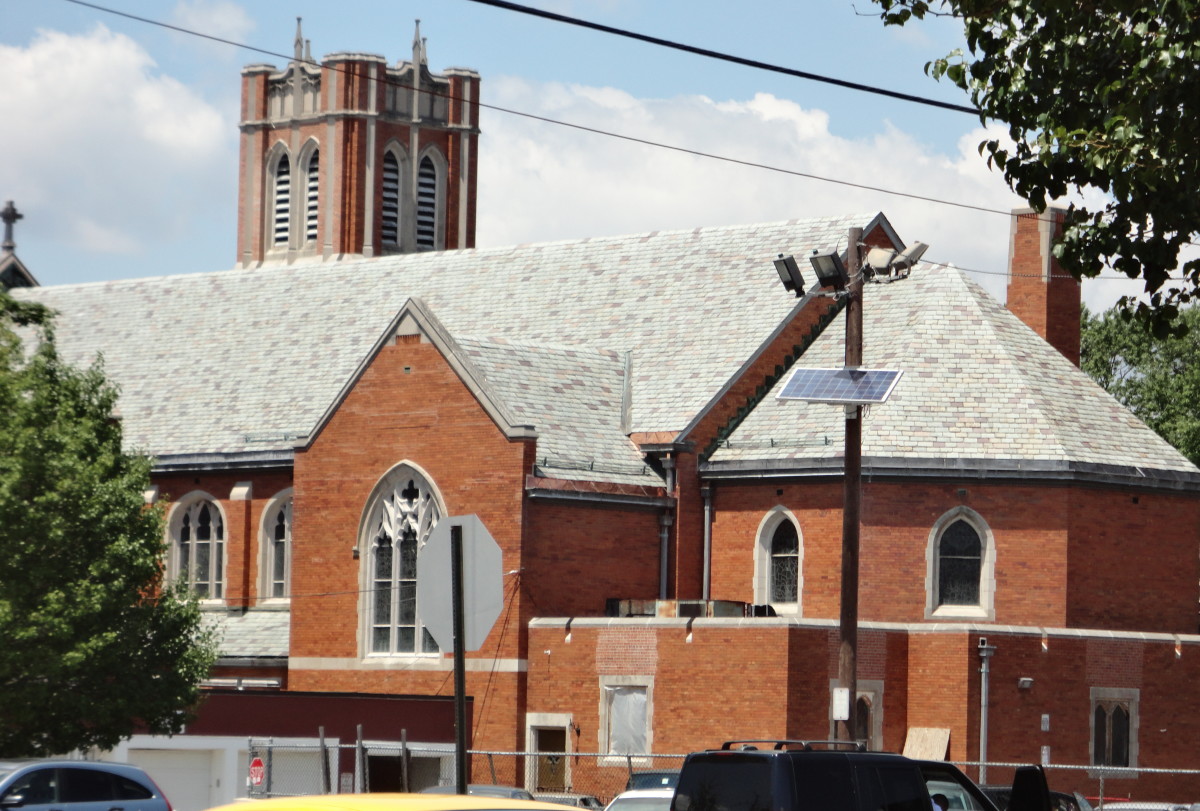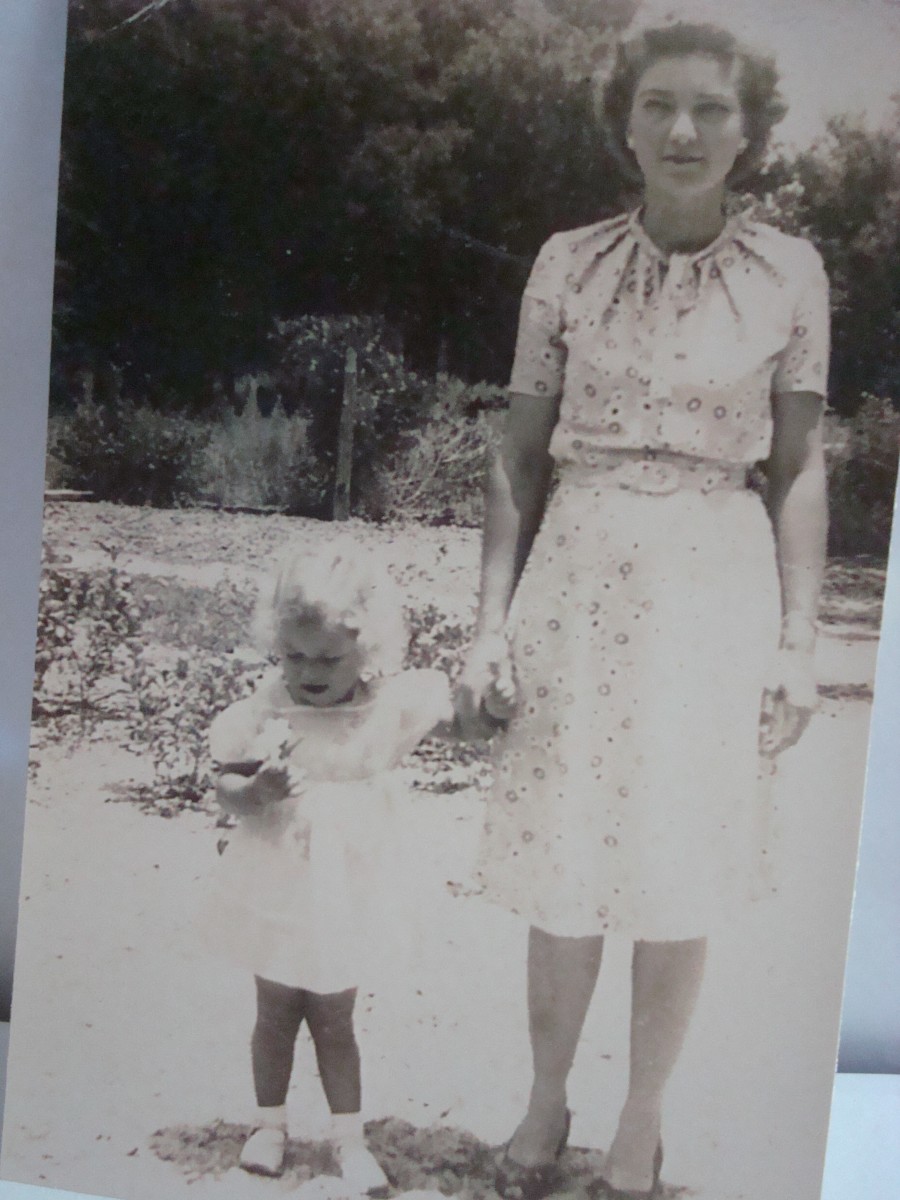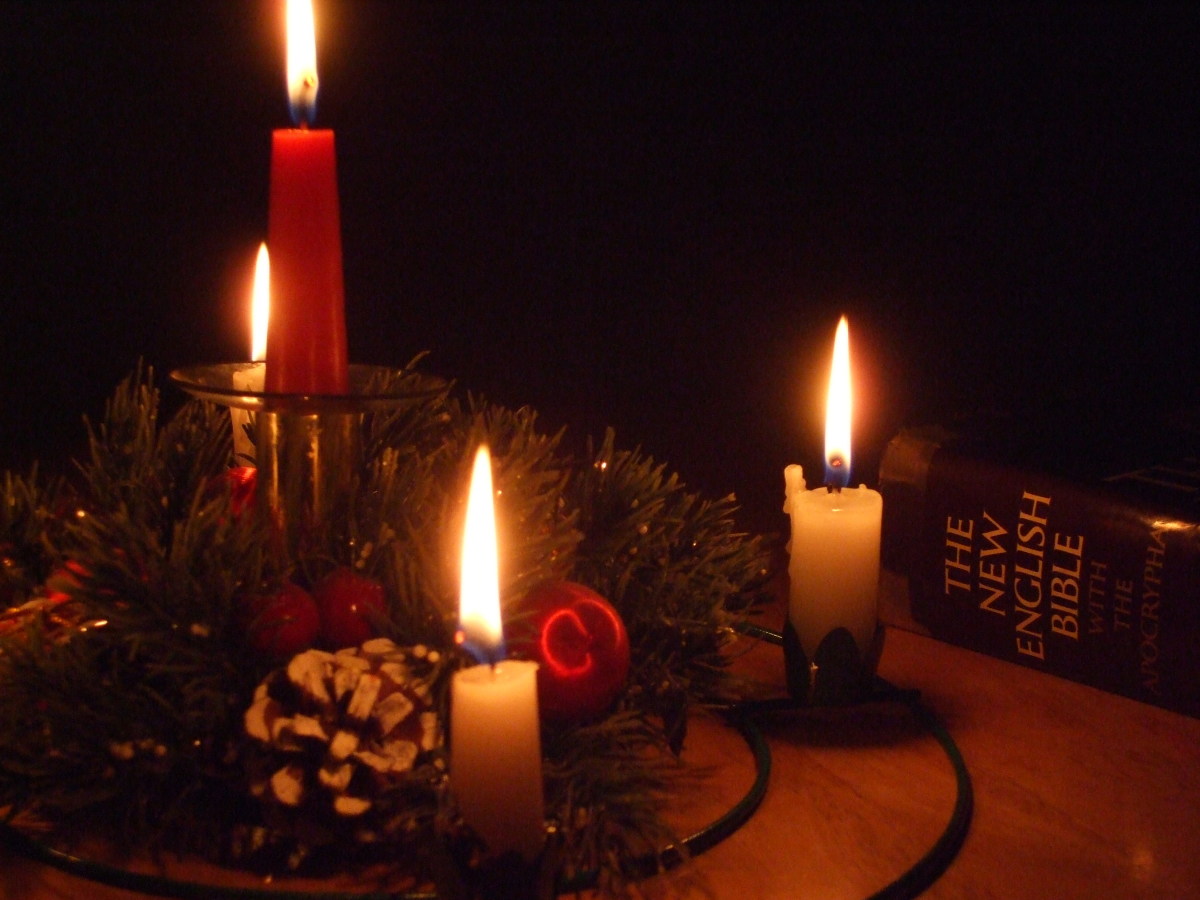How Can We Keep Sundays Holy?

The Fourth Commandment
God did not give us the Ten Commandments - the Decalogue - for His own benefit, but for ours. They are good, vitally important rules that are designed to guide us in the way God intends us to live.
The Fourth Commandment is the longest and it is all about following God's example and resting. It tells us that He created the world in six day and on the seventh day He rested. It was chosen to be a special time and we were told to keep it holy. Sadly, few of us take any notice of that rule these days, and we pay the penalty.
In our increasingly frenetic lives we think we are indispensable and rush around growing more and more stressed and exhausted until we have left ourselves vulnerable to mental and physical diseases. We work, and even our recreation is often more like work, we may even go to church for an hour or so to worship God, but we rarely attempt to keep one whole day in seven entirely holy.
Sunday in the 'Good Old Days'
Thinking back to the 'good old days,' I remember that as children we discovered that even our hens took a day off from laying about once a week. The hens were not so good at counting, so it wasn't always on the seventh day, and they didn't all choose the same day to rest, but rest they did. Sensible hens!
It's the way that God made them, and He made us the same way, too.
Warm Climate Cultures
In warm climates, whole nations used to enjoy a siesta in the middle of the day. Every day shops and businesses, even banks would either close for a couple of hours, or at least the people would have their heads down for a midday nap and did not appreciate being awakened by a customer.
In recent years many shops remain open; a few may still close, but the people continue to work - and to do it for weeks on end. The result, of course, is a decline in their health or they may put on too much weight as they eat to keep awake instead of relaxing. Today many stores and shops are open seven days a week.
If we obeyed God's law and rested, refraining from shopping on one day a week, shop-keepers would have the opportunity to close their doors and rest, too.
Old Ways
Certainly we have advanced in many ways, but the old ways were good. My Grandmother was adamant about the importance of obeying this law of taking Sunday as a day of rest. Mostly we were occupied with attending services and Sunday School or reading books. We thought she went a bit far when she objected to our playing ball-games or knitting, but she knew a thing or two and lived to a grand old age.
Grandmother also insisted that our parents planned ahead far enough so that we had sufficient supplies and did not need to visit shops or do any unnecessary housework on Sundays. For our Jewish and Seventh Day Adventist friends, it was Saturday that they kept holy.
We Can Learn About Rest From Music
Who does not enjoy music of one kind or another? We love it, we go into raptures over it; it speaks to our soul.
As everyone who has ever played an instrument or learned to read music knows, some bars have rests, sometimes quite long ones. The rests are an integral part of the piece. If you've ever played an instrument in an orchestra or a band, you will know what happens if you miscount the beats and don't have the right length of rest: you come in too soon and the result is a dreadful cacophony. The silence is important and says as much to us as the harmony.
Sometimes in our lives we are forced to take time out through sickness or other problems. Then we may learn that the rests are necessary for us to grow spiritually and even thank God for them.
A Day of Rest is a gift from God. Take time to enjoy God's creation, to rest and to spend time with Him. Learn to live in harmony with yourself and the world.

© 2012 Bronwen Scott-Branagan








